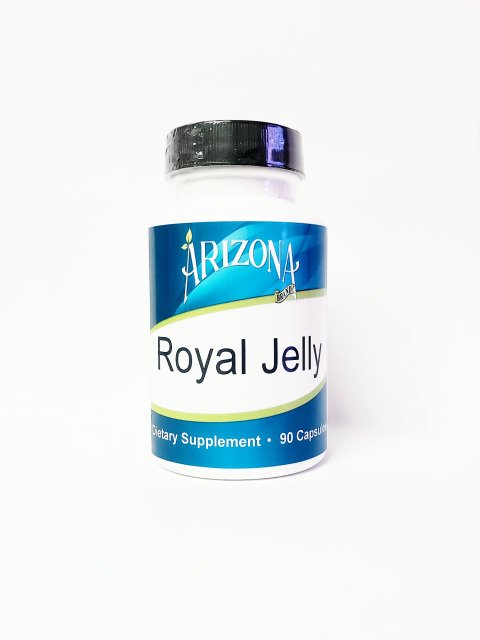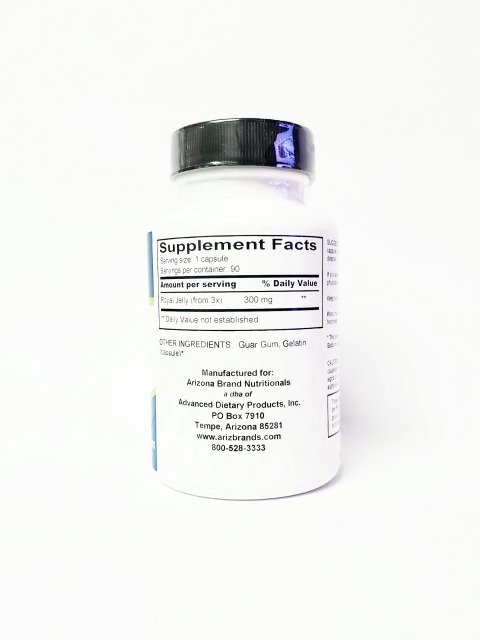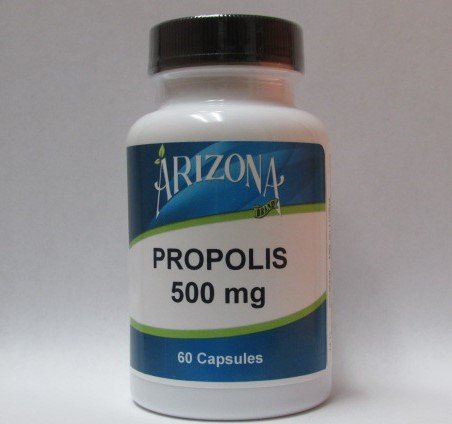 Image 1 of 3
Image 1 of 3

 Image 2 of 3
Image 2 of 3

 Image 3 of 3
Image 3 of 3




Bee Pollen Granules - 16oz (454g)
Bee Pollen is the male germinating seed collected by the Honey Bee as it goes from plant to plant gathering nectar that will be converted to honey once they are back to their hive. They carry the pollen on their hind legs in specialized structures called Pollen Baskets or "Corbiculae" in Latin. Pollen traps located to the entrance of the hive are used to collect parts of the Pollen basket, making sure to leave some for the bee as well. In return, it helps to mobilize the bee by increasing the number of field bees and number of gathering flights. Pollen grains differ in size, shape and weight, even color, ranging from bright yellow to black, all depending on the plant type.
While it is obvious that the chemical compounds of Bee Pollen can vary depending on the plant from which it was gathered, you can be sure that pollen contains essential nutrients such as proteins, amino acids, fatty acids, lipids, phenolics, enzymes, coenzymes, flavonoids, vitamins and minerals.
Bee Pollen has also been known as a valuable dietary supplement. Especially during recovery periods, Bee Pollen aids to increase the physical and mental state of those who experience stress and overworking and to give the immune system a boost.
Bee Pollen sprinkled on cereal, dissolved in juice or taken any number of ways can add essential nutrients to your diet.
Bee Pollen is the male germinating seed collected by the Honey Bee as it goes from plant to plant gathering nectar that will be converted to honey once they are back to their hive. They carry the pollen on their hind legs in specialized structures called Pollen Baskets or "Corbiculae" in Latin. Pollen traps located to the entrance of the hive are used to collect parts of the Pollen basket, making sure to leave some for the bee as well. In return, it helps to mobilize the bee by increasing the number of field bees and number of gathering flights. Pollen grains differ in size, shape and weight, even color, ranging from bright yellow to black, all depending on the plant type.
While it is obvious that the chemical compounds of Bee Pollen can vary depending on the plant from which it was gathered, you can be sure that pollen contains essential nutrients such as proteins, amino acids, fatty acids, lipids, phenolics, enzymes, coenzymes, flavonoids, vitamins and minerals.
Bee Pollen has also been known as a valuable dietary supplement. Especially during recovery periods, Bee Pollen aids to increase the physical and mental state of those who experience stress and overworking and to give the immune system a boost.
Bee Pollen sprinkled on cereal, dissolved in juice or taken any number of ways can add essential nutrients to your diet.
Bee Pollen is the male germinating seed collected by the Honey Bee as it goes from plant to plant gathering nectar that will be converted to honey once they are back to their hive. They carry the pollen on their hind legs in specialized structures called Pollen Baskets or "Corbiculae" in Latin. Pollen traps located to the entrance of the hive are used to collect parts of the Pollen basket, making sure to leave some for the bee as well. In return, it helps to mobilize the bee by increasing the number of field bees and number of gathering flights. Pollen grains differ in size, shape and weight, even color, ranging from bright yellow to black, all depending on the plant type.
While it is obvious that the chemical compounds of Bee Pollen can vary depending on the plant from which it was gathered, you can be sure that pollen contains essential nutrients such as proteins, amino acids, fatty acids, lipids, phenolics, enzymes, coenzymes, flavonoids, vitamins and minerals.
Bee Pollen has also been known as a valuable dietary supplement. Especially during recovery periods, Bee Pollen aids to increase the physical and mental state of those who experience stress and overworking and to give the immune system a boost.
Bee Pollen sprinkled on cereal, dissolved in juice or taken any number of ways can add essential nutrients to your diet.
Additional Information:
1. The honey bees greatest importance is as a crop pollinator, estimating $15 billion in added crop value.
2. The nectar bees collect is converted into honey, their primary source of carbohydrates.
3. An average size bee colony is made up about 20,000 bees and collects an average of 125 pounds of pollen per year.
4. Photographs from ancient tombs can be seen in the Metropolitan Museum of Art depicting Beekeeping and honey foraging.
Ingredients: Bee Pollen
Our Bee Pollen also comes in 500mg capsules, 500mg tablets and 1500 mg tablets.
Find our other bee products: Propolis, Royal Jelly and Queen Bee Essentials.
Read our Blog Post on Honeybees, Honeybee Herbs, and A Brief History of Natural Products.









